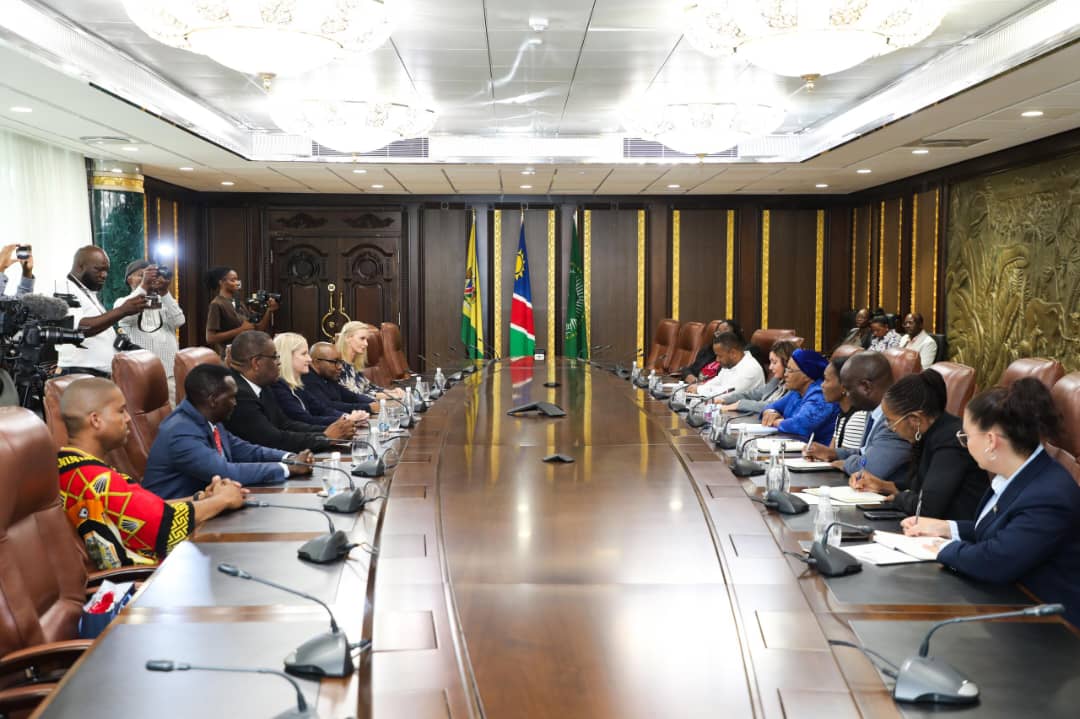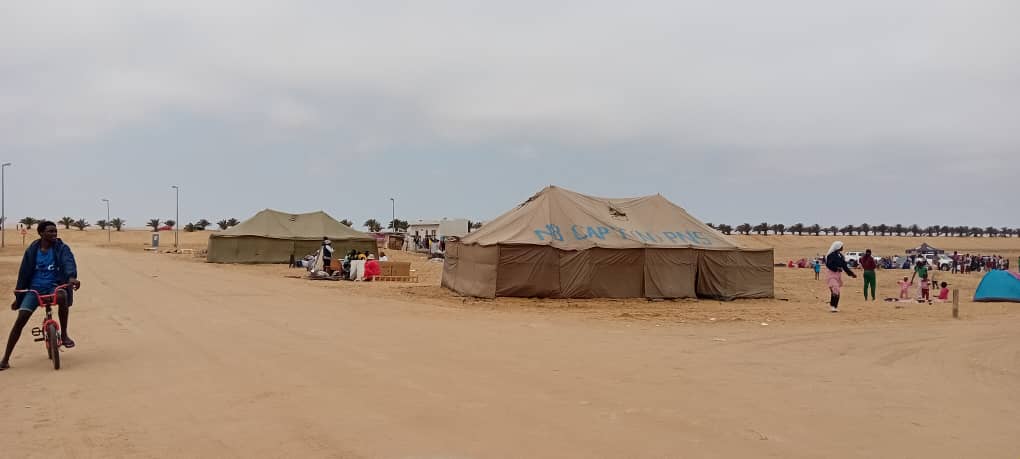ABUJA – A special committee of top-level Nigerian government officials has begun to interview individuals involved in a US$180 million bribery scheme involving former Halliburton Co unit KBR Inc, the head of the anti-corruption police told Reuters.
KBR, the former engineering subsidiary of Halliburton, pleaded guilty in February to charges it paid the multi-million dollar bribes to Nigerian officials to secure US$6 billion in contracts.Farida Waziri, chairwoman of the Economic and Financial Crimes Commission (EFCC), said some committee members recently travelled to Nigeria’s commercial capital Lagos to investigate and ‘record statements from key people that were mentioned in the Halliburton case.’ She declined to reveal the names of those interviewed.Nigeria earlier last month asked the United States for the names of Nigerian officials accused of taking the bribes.’I believe, and very strongly too, that anybody found culpable in the Halliburton scandal will be prosecuted,’ she said in an interview last Tuesday at her office in Nigeria’s capital Abuja.The committee, appointed by President Umaru Yar’Adua earlier last month and chaired by Police Inspector General Mike Okiro, has been given eight weeks to investigate the case, she said.KBR admitted at a court in Houston in February to paying bribes to high-ranking officials between 1994 and 2004 to secure four contracts for a KBR joint venture to build and expand Nigeria’s Bonny Island liquefied natural gas terminal.The period covered by the charges fall under the administration of former military ruler Sani Abacha, Abdulsalami Abubakar and Olusegun Obasanjo.Critics say the prosecution of any Nigerian in the bribery case is unlikely given the poor track record of convictions of high-profile officials.The EFCC under Waziri’s leadership has faced heavy criticism both at home and abroad for the agency’s slow progress in fighting graft.Corruption is endemic in sub-Saharan Africa’s second biggest economy and is a major disincentive to foreign investors, who view it as an indicator of inefficient public spending and therefore a major brake on economic growth.The agency has charged 11 former state governors with graft since Yar’Adua took office, but only one has been convicted.Waziri defended the agency’s performance, saying legal wrangling and the slow judicial process were to blame for the delays.’The judicial system, by its nature, is very, very slow,’ said the 62-year-old former top-ranking police officer. ‘A case can roughly take three years on average.’To speed up the legal process, the agency has asked for the creation of special courts that try only corruption cases and has met with judicial organisations to find ways to fast-track prosecution.Waziri said the agency has made more than 50 convictions in the last nine months and recovered over 50 billion naira (US$343 million).Despite this, the EFCC chief has not received the same international praise as her predecessor Nuhu Ribadu, who won respect for prosecuting several former top government officials.’I really don’t want them to judge me by what my predecessor did,’ Waziri said. ‘I don’t blow my trumpet in that manner. My style is different.’Rights campaigners have questioned President Yar’Adua’s commitment to fighting corruption since Ribadu was removed in December 2007 as EFCC chief and sent on a one-year course at a remote institute in central Nigeria.Last December, Ribadu was dismissed from the police force for ‘gross indiscipline and insubordination.’-Nampa-Reuters
Stay informed with The Namibian – your source for credible journalism. Get in-depth reporting and opinions for
only N$85 a month. Invest in journalism, invest in democracy –
Subscribe Now!










